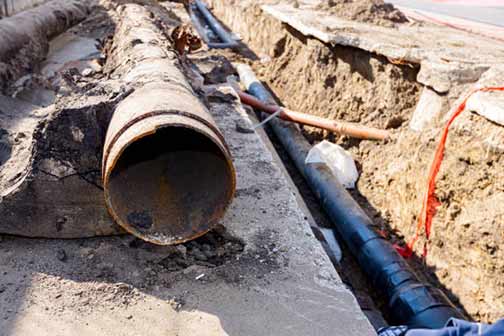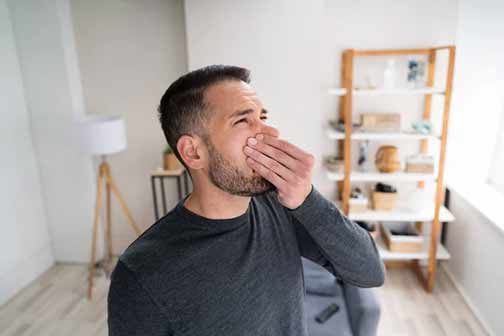
Sewer line problems in your home have the power to damage your building and prevent the use of your plumbing. If you do not detect these issues on time, they can cause foundation problems and even hurt the market value of your home, notes Astoria Charm management company.
But the truth about sewer line problems is they are solvable if found on time. Most sewer emergencies happen because homeowners don’t know how to interpret the telltale signs of sewer line problems or they ignore those signs.
Why do sewer line problems happen, and what are the signs that your sewer line is in trouble?
Why do sewer line problems happen
Sewer line issues are caused by some artificial and natural problems.
Sewer line abuse
Sewer pipes are not designed to carry some materials. Dumping grease, fats, and oils into your drains or anything but human waste and toilet paper into the toilet will cause sewer line issues.
Extreme temperature changes
If subjected to extreme cold, sewer lines can freeze and burst. That is common in regions with extremely cold winters, especially if a part of the line is not buried below the frost line.
Aging and corrosion
A sewer pipe may start to corrode as it ages. Sections of the pipe can also weaken and become more vulnerable to leaks and other types of damage.
Tree roots
Underground pipes near plant roots may be damaged by those roots. That is because the roots can penetrate the pipes to access the nutrient-rich wastewater inside them.
Soil shifts
The soil around a sewer line can shift as the house settles or because of excessive water in the soil. This movement can displace the line and increase the risk of leaks and fractures.

Common signs of sewer line issues in your home
Foul odors
If bad odors are lingering on your property, it could be a sign that your sewer line is damaged. Unpleasant odors in the home are often caused by sewer gases entering the house from a clogged drain or fractured sewer pipe. If the bad smell comes from a toilet, you may be sure your sewer line has been compromised.
Multiple slow or clogged drains
If more than one drain in the home is slow or clogged at the same time, the likelihood of problems in your sewer line is high. The cause of isolated incidents of slow or clogged drains in the home can often be traced to problems with a single affected drain. But if several drains are slow or clogged at the same time, the likely cause of the problem is in your sewer line.
Gurgling sounds from your drains
If you hear a gurgling sound each time you flush your toilet or pour water into a drain, it could be a sign that your sewer line is blocked. Gurgling sounds from your drains happen because of trapped air inside the sewer line. The sound is caused by escaping air and the problem is often due to ventilation issues and blockages in the sewer line.
Sewage backup inside your home
The contents of a sewer line can travel backwards and enter your home through the floor drains and toilet. This is caused by a severe blockage inside the sewer line. In some cases, the first sign of an impending sewage backup is a toilet backup. If this initial issue is not dealt with, it can cause the sewer line to back up.
A soggy yard
A broken sewer line can discharge wastewater into the yard, making parts of it soggy. If the problem is severe enough, you may even see pools of water around your property. In most cases, this problem will be accompanied by sewage odors around the home. Another sign that your sewer line is leaking is the presence of uncharacteristically green grass in a section of your lawn.
Rodent infestation
A sudden and noticeable invasion of your property by rodents and other pests is a sign of possible sewer line problems. A broken sewer line will attract rodents to your home because of the damp and warm environment it provides. Rodents may also be drawn to your property by the insects feeding on the food waste inside your damaged sewer line.
Mold or mildew
Sewer line problems encourage mold and mildew by creating the right environment for their growth. Mold and mildew need moisture and a food source to thrive. A broken sewer line creates a damp and food-rich environment that mold and mildew love.
Conclusion
What should you do if you think you have a damaged sewer line? The best step is to contact a professional plumber and have them camera inspect the sewer line to determine the source of the problem, its extent and the best solution.
